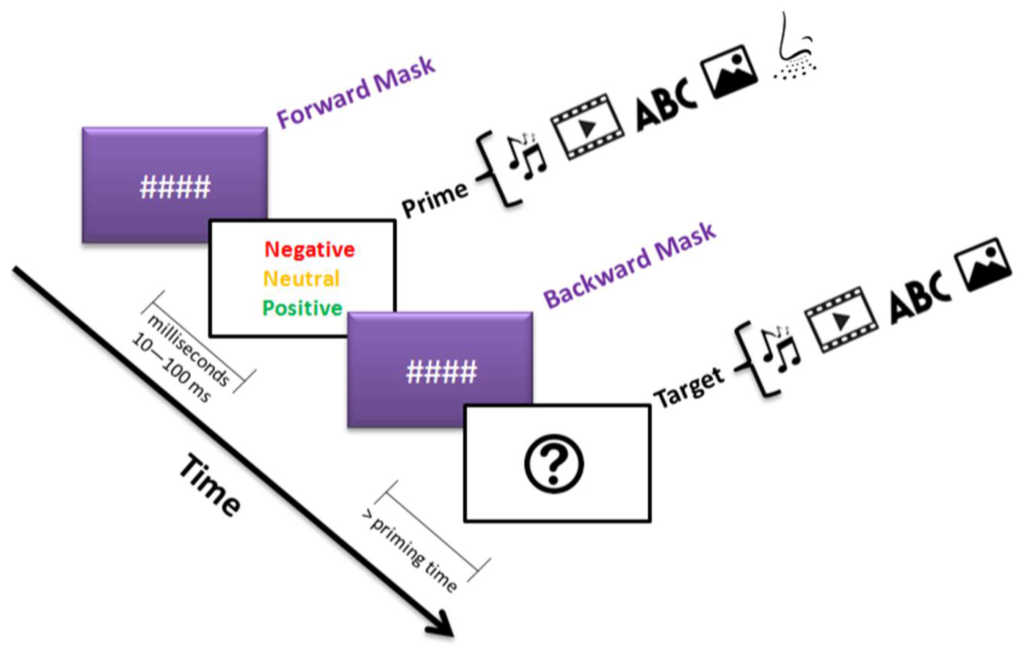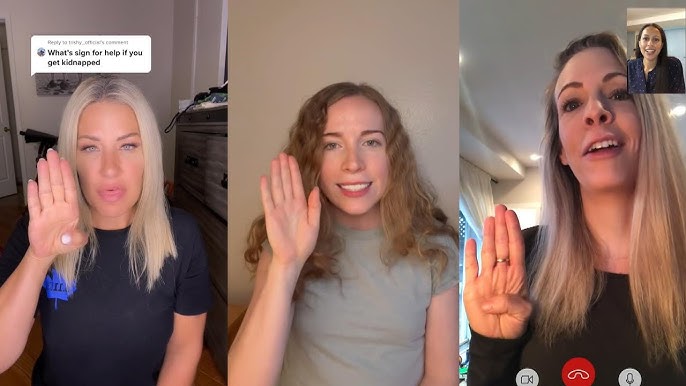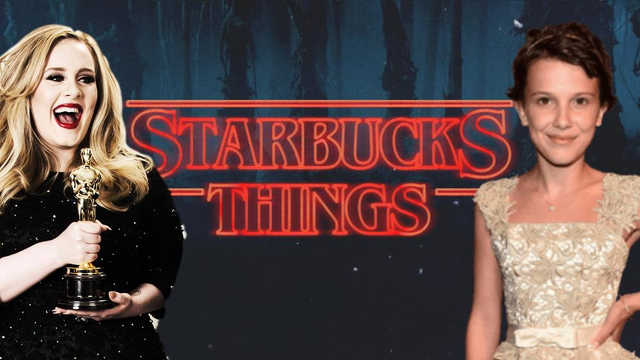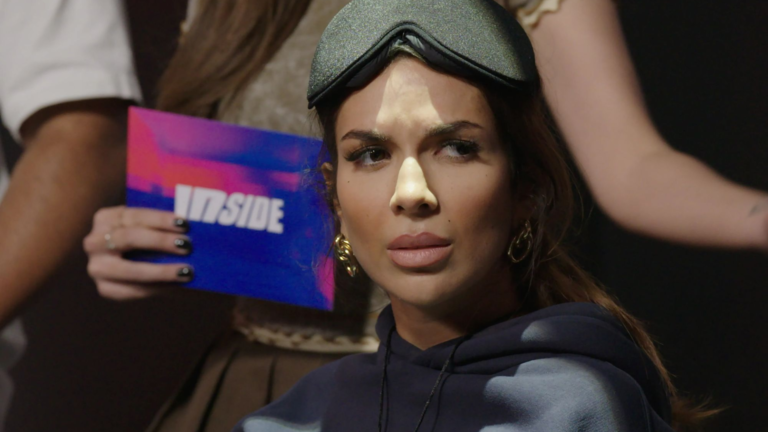
You think you’re just watching for fun—but reality TV is doing something much deeper. From hidden cuts to social experiments, producers use reality TV psychology to trigger emotions, create chaos, and hook both contestants and audiences.
The craziest part? These psychological tricks actually work in real life, too.
1. The Isolation Effect
Contestants are cut off from the outside world—no phones, news, or real schedules. This amplifies emotions, making small things feel HUGE.
“On the second day I cried over cereal. You lose all perspective.” — Former contestant on Big Brother US
Real-life parallel: When you’re sleep-deprived or overwhelmed, you’re easier to manipulate. Always take space before reacting emotionally.
2. Emotional Priming Through Music and Editing
Ever noticed how dramatic the music gets before a confrontation? Or how certain moments are replayed in slow motion?
This is emotional priming: your brain is cued to feel anxious, romantic, or angry before anything even happens.
“I started crying watching a scene I knew was fake. That’s editing power.” — YouTube comment under The Bachelor

3. The “Confessional” Trick
Those private interviews aren’t really private. Producers ask leading questions like:
- “Don’t you think she betrayed you?”
- “Are you angry he lied?”
It builds narrative tension and subtly influences what contestants think and say.
Real-life use: Want someone to confess something? Ask emotionally-loaded questions that frame a specific viewpoint.
4. Manufactured Jealousy (a.k.a. Triangulation)
On shows like Love Island and The Bachelorette, people are intentionally paired and re-paired to spark insecurity.
- Exes show up unannounced
- “Temptation” is brought in as a twist
- Producers highlight flirty behavior to fuel drama
“They showed me clips of my partner flirting—but left out the context. I was wrecked.” — Contestant from Temptation Island
Real-life danger: Social media does the same. Partial stories spark emotional overreactions.
5. Limited Resources = Power Struggles
From Survivor to Hell’s Kitchen, food, beds, and comforts are scarce. Why?
- Stress breeds conflict
- Competition becomes personal
- Viewers get hooked on unpredictability
IRL takeaway: High-stress environments (like offices or group travel) often mimic these dynamics. Recognize the trigger before you act out.
6. Mirror Neurons and Viewer Manipulation
When we watch someone cry, argue, or panic—our brain mirrors it.
That’s why viewers feel emotionally invested in people they’ve never met. It’s also why reality TV can subtly affect mood and belief systems over time.
“I binge-watched Love Is Blind and started questioning my own relationship. It got in my head.” — Reddit user u/romcomruinedme

Conclusion
Reality TV may be marketed as entertainment—but it’s built on psychological design. The same tricks that create drama onscreen can (and do) show up in your life.
Understanding reality TV psychology means you’re no longer just watching. You’re seeing the strings.
And maybe, learning how not to be played.



